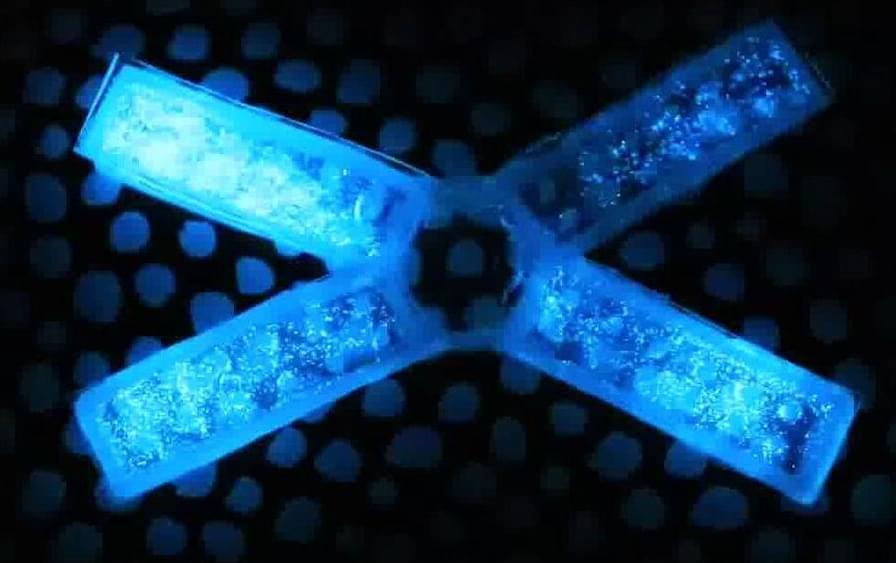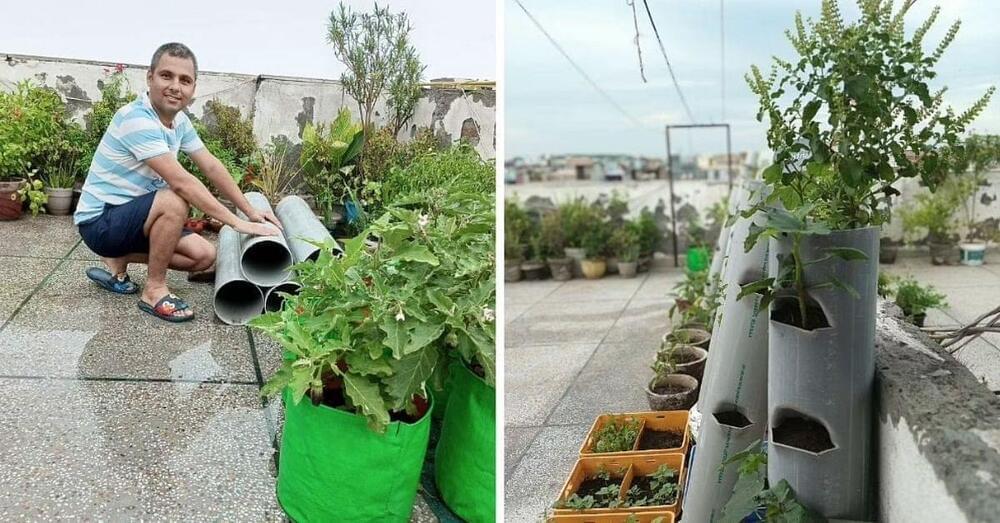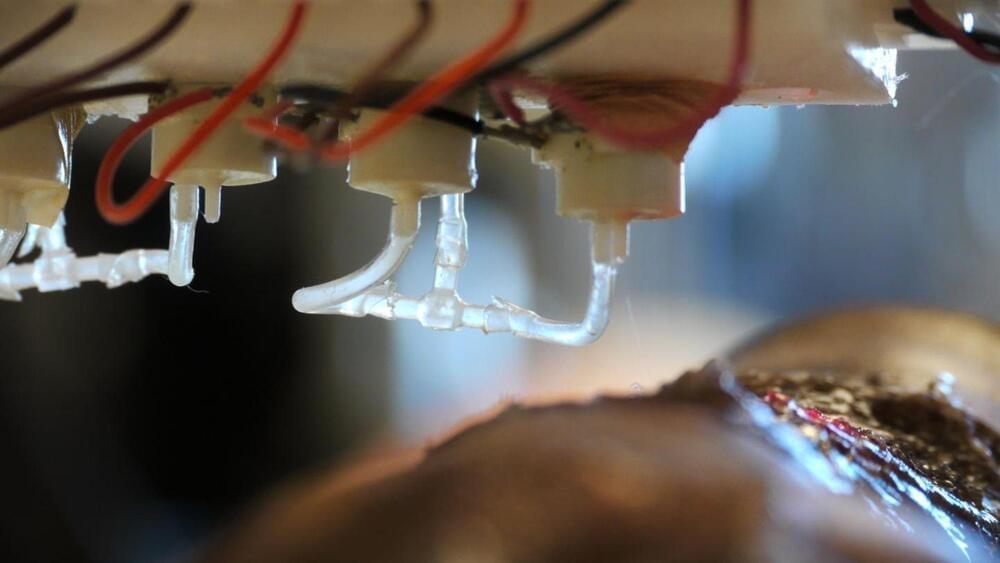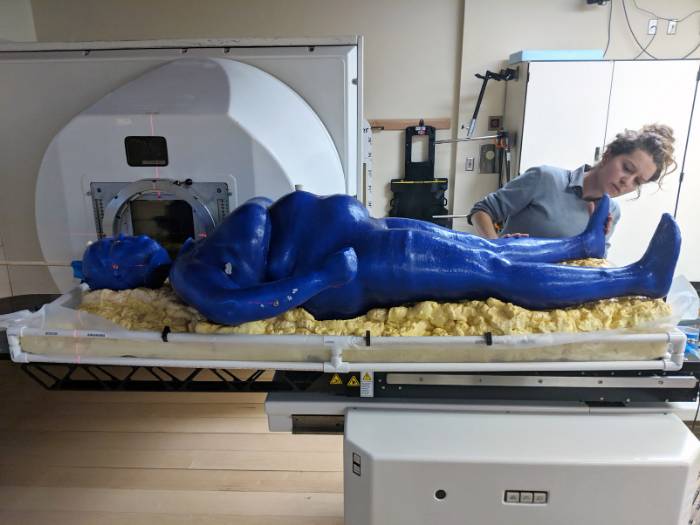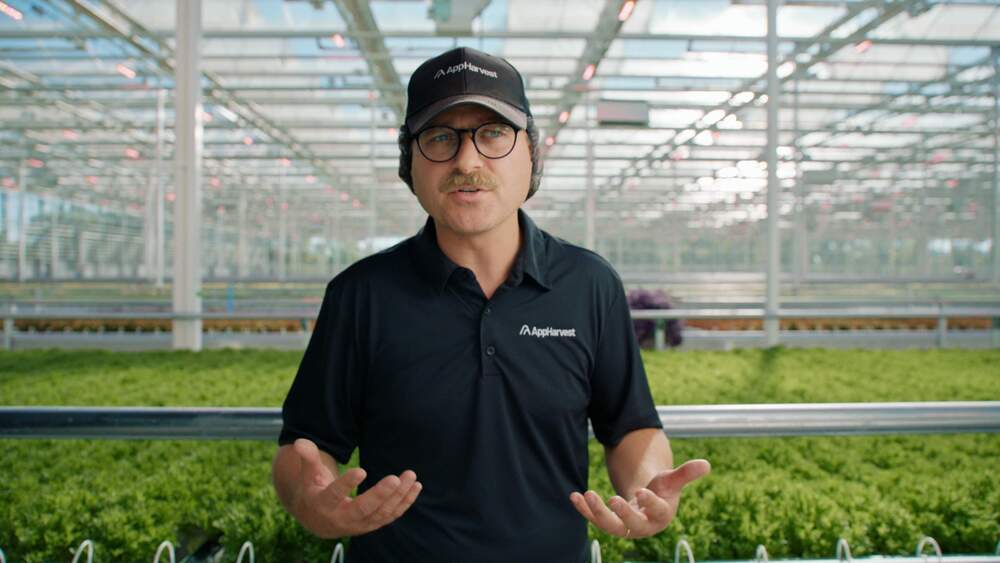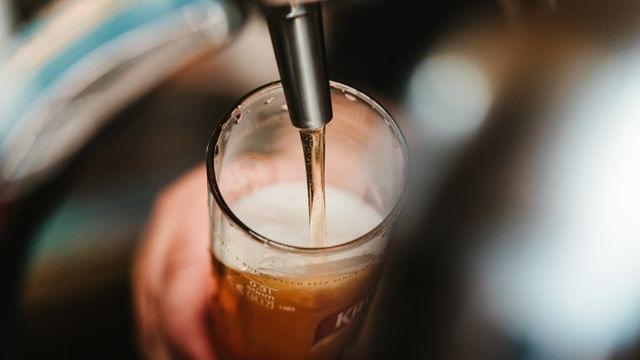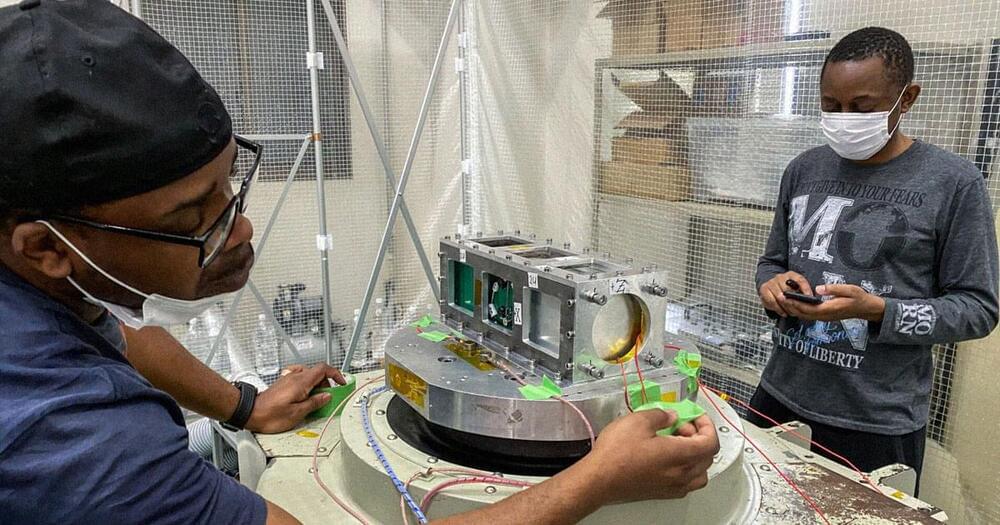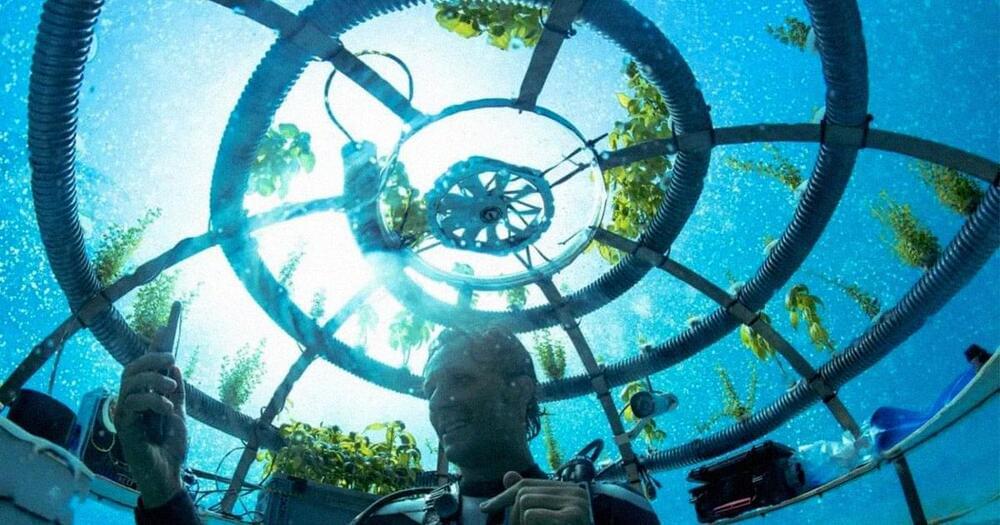Nov 21, 2022
Algae-Powered Soft Devices Glow in the Dark When Squished or Stretched
Posted by Quinn Sena in categories: energy, food
The devices are so sensitive that even a soft tap is enough to make them glow. The researchers also made the devices glow by vibrating them, drawing on their surfaces, and blowing air on them to make them bend and sway—which shows that they could potentially be used to harvest airflow to produce light. The researchers also inserted small magnets inside the devices so that they can be magnetically steered, glowing as they move and contort.
The devices can be recharged with light. The dinoflagellates are photosynthetic, meaning they use sunlight to produce food and energy. Shining light on the devices during the day gives them the juice they need to glow during the night.
Continue reading “Algae-Powered Soft Devices Glow in the Dark When Squished or Stretched” »
